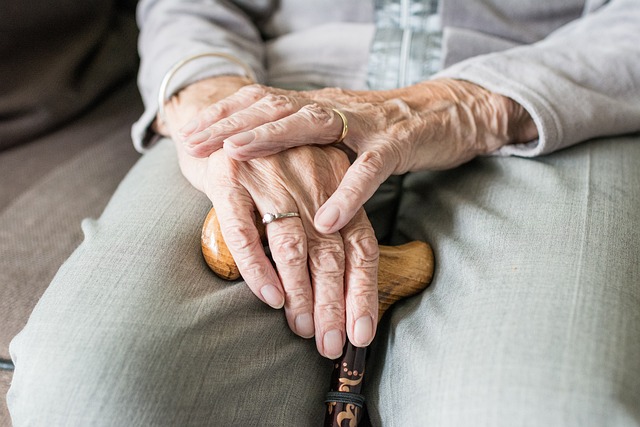Elderly individuals living alone often face severe isolation due to mobility issues, health problems, and loss of loved ones, leading to mental and physical health deterioration. Elderly Companion Services address this growing concern by providing tailored companionship, assistance with daily activities, and support for social engagement. These services fill the gap left by shrinking social networks, enhance quality of life, promote independence, and preserve a sense of purpose for isolated seniors, thereby alleviating feelings of isolation.
Social interaction is vital for elderly well-being, yet many seniors face isolation due to various factors. This article explores strategies to combat senior solitude, focusing on the importance of social connections and how Elderly Companion Services can play a transformative role. We delve into understanding the root causes of isolation among the aging population and present actionable approaches to enhance their social lives. By implementing these methods, communities can foster a sense of belonging and improve the overall quality of life for isolated seniors.
- Understanding the Isolation of Seniors
- The Role of Elderly Companion Services
- Strategies to Enhance Social Interaction
Understanding the Isolation of Seniors

Many elderly individuals, especially those living alone, experience a profound sense of isolation due to various factors such as mobility limitations, declining health, or the passing of close friends and family members. This silence can have severe consequences on mental and physical well-being, exacerbating existing conditions like depression and anxiety. The absence of regular social interaction can make seniors feel disconnected from the world around them, leading to a decline in overall quality of life.
Elderly Companion Services emerge as a vital solution to combat this growing concern. These services offer companionship and support tailored to the unique needs of isolated seniors. Professional companions provide not just conversation but also assistance with daily tasks, ensuring elders remain active participants in their communities. By fostering connections and breaking through social barriers, Elderly Companion Services play a crucial role in enhancing the lives of those who might otherwise struggle alone.
The Role of Elderly Companion Services

Elderly Companion Services play a pivotal role in fostering social interaction and combat loneliness among isolated seniors. These services provide much-needed companionship, offering regular visits from trained professionals who engage elders in conversations, participate in leisure activities, and assist with daily tasks. This not only alleviates feelings of isolation but also enhances overall well-being by promoting mental stimulation and physical activity.
By filling the gap left by declining social networks and mobility issues, Elderly Companion Services create a supportive environment that encourages meaningful connections. They facilitate access to community resources, organize social events, and provide transportation to gatherings, ensuring seniors remain engaged with their surroundings. This holistic approach not only improves quality of life but also empowers elders to maintain independence and a sense of purpose amidst the challenges of aging.
Strategies to Enhance Social Interaction

Social interaction is vital for isolated seniors, fostering mental and emotional well-being. Unfortunately, physical limitations, health issues, or a lack of transportation can make it challenging for them to engage with others. This is where Elderly Companion Services come into play, offering a range of strategies to enhance social interaction.
Companion services provide elderly individuals with friendly, professional companionship, enabling them to participate in social activities, visit community centers, or even host gatherings at home. These services can facilitate group outings, facilitating conversations and friendships among peers, while also assisting with transportation needs. Additionally, companions can support technology usage, helping seniors stay connected through video calls and social media platforms, thereby alleviating feelings of isolation.
Social isolation among seniors is a growing concern, but by understanding their unique challenges and implementing effective strategies, we can significantly improve their quality of life. Elderly Companion Services play a vital role in providing companionship and fostering social interaction, which are essential for the mental and emotional well-being of older adults. Through various initiatives, such as organized social activities, community outings, and volunteer programs, these services create opportunities for seniors to connect, engage, and rebuild meaningful relationships. By embracing innovative approaches to combat loneliness, we can ensure that isolated seniors feel valued, supported, and an integral part of their communities.
